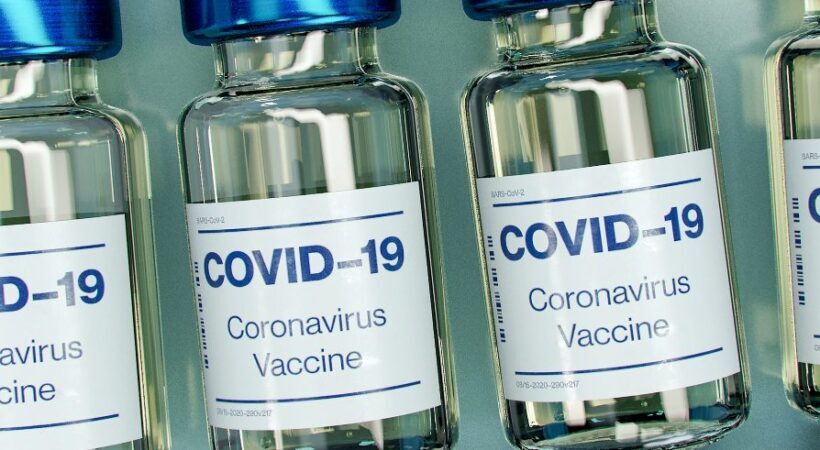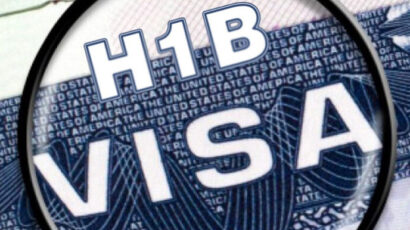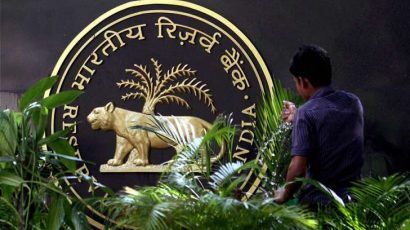Covid-19 vaccine: U.K Suffers Due To India Shot Delay

India’s Serum Institute’s shipment delay caused the British authorities to suffer vaccine supply crunch, reports Bloomberg.
Due to the delayed shipment of AstraZeneca Plc’s Covid-19 vaccine urged the U.K to cut supply starting later this month. The delay also prompted the government to shift focus and offer remaining doses to the people most at risk of Covid-19, the report said.
According to the BBC,the shipment, produced by the Serum Institute of India, has been held up by four weeks.
Housing Secretary Robert Jenrick said neither a single factory nor a country was responsible for supply issues, the BBC reported
The Department of Health insists it is still on track to offer a first dose to all adults by the end of July.
NHS England warned of a reduction in supply in April in a letter to local health organisations on Wednesday.
A spokesperson for the Serum Institute said: “Five million doses had been delivered a few weeks ago to the UK and we will try to supply more later, based on the current situation and the requirement for the government immunization programme in India.”
A source told the BBC that although the original aim had been to deliver the next five million in March, there was not a stipulated time for the delivery of the doses.
Mr Jenrick told the BBC that the government had learned of vaccine supply issues “in the last few days”.
He said the UK had less supply of the vaccine “than we might have hoped for in the coming weeks but we expect it to increase again through the course of April”.
The vaccine rollout would be “slightly slower than we might have hoped but not slower than the target we had set ourselves” of offering a first dose to all people aged over 50 by 15 April, and all adults by the end of July, he said, the BBC reported.
Anyone with an appointment for a second jab “should have complete confidence” that they will go ahead, he said, adding: “The month of April will be different – and it was always going to be – because I think this will be the month that second jabs exceed first jabs,” the BBC report said.















